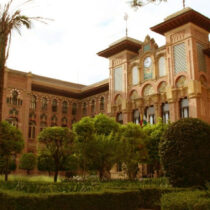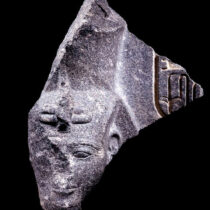The history of medicine, seen as a “great tradition” expressing prevailing knowledge, tends to silence the voice of “small traditions” and diminish common medical practices by regarding them as primitive. From these studies of anonymous healing traditions, sprung the branch of medical anthropology in the 1970s. A. Kleinman, a psychiatrist and anthropologist, defined three interconnected spheres of medical systems: a) Popular medicine with its remedies, b) the traditional medicine of indigenous peoples, practised by shamans or gifted healers, c) bio medicine produced in the West. The anthropological approach accepts that all societies provide medicine linked to practical observation and with symbolic interpretations. The attention of critical medical anthropology is centred on the creation, over the centuries, of a dominant medicine, which, by monopolising knowledge, marginalises all other alternative practices. “Definitive Knowledge” is a central concept, referring to the knowledge of the specialist, the power of the medical perspective, in “Clinical Archaeology” (Foucault) and the introduction into everyday life of medically based knowledge. The study of medical history does not only focus on technological progress and scientific discoveries, on clinics and patients. It mainly looks at medicine in a socio-political context where links can be located between the past and the present. It is therefore possible to analyse the wielding of power within institutions created by the organisation and implementation of medicine. The articles featured in Archaeologia is determined by such logic.
Medicine in antiquity. An anthropological approach
30 Aug 2012
by Archaeology Newsroom
- A
- A
- A

